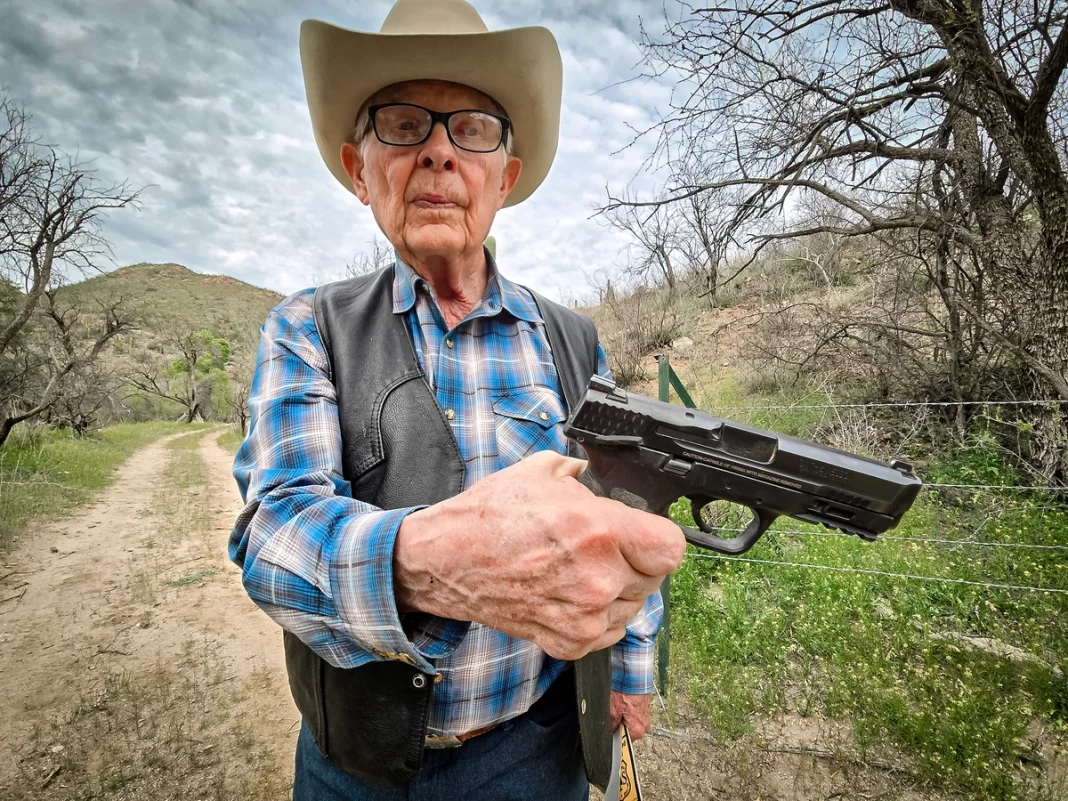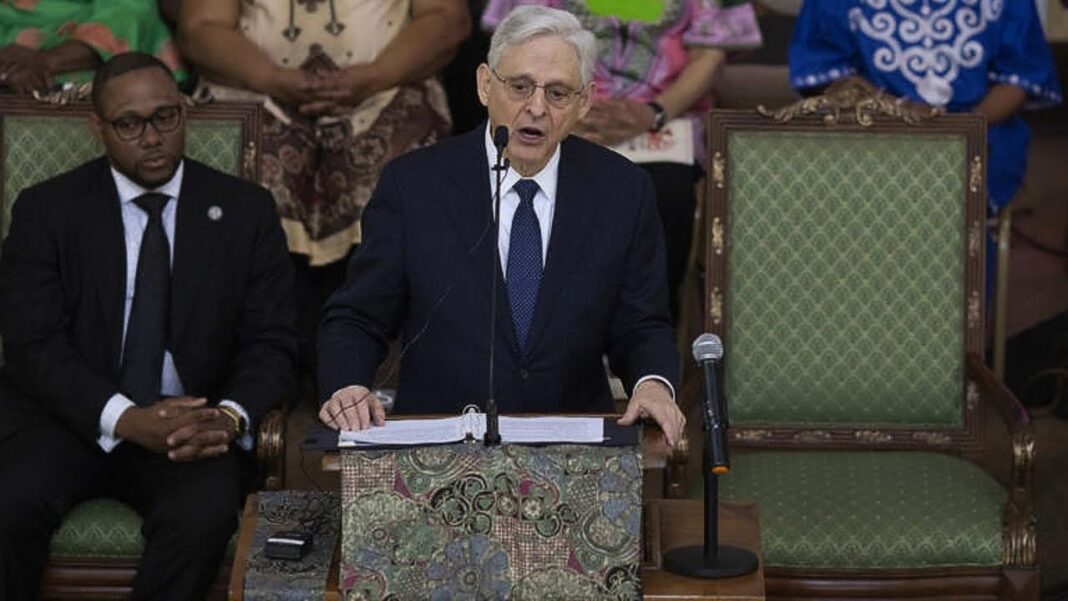New rule is seen as step toward the Biden administration’s goal of universal background checks.
The Bureau of Alcohol, Tobacco, Firearms, and Explosives (ATF) has submitted the final version of a controversial rule to change the definition of what it means to be “Engaged in the Business” of dealing in firearms.
The U.S. Attorney General has said the change, required by the Bipartisan Safer Communities Act enacted on June 25, 2022, will save lives by requiring anyone who “devotes time, attention, and labor to dealing in firearms as a regular course of trade or business or predominately earns a profit through the repetitive purchase and sale of firearms” to obtain a Federal Firearms License.
“Under this regulation, it will not matter if guns are sold on the internet at a gun show or at a brick-and-mortar store: If you sell guns predominately to earn a profit, you must be licensed, and you must conduct background checks,” Attorney General Merrick Garland wrote in a statement on the ATF website.
Critics of the change have said the rule will effectively end private transactions, possibly including the inheritance of firearms within families.
According to the ATF statement, President Joe Biden issued Executive Order 14092 on March 14, 2023, which directed Mr. Garland to clarify the definition of who is engaged in the business of dealing in firearms. The plan immediately drew criticism from gun rights activists.
“The ATF is using the [Bipartisan Safer Communities Act] to substantially revise all regulations governing who and what constitutes a ‘dealer’ and how such dealers may conduct business. This proposal advances a radical left-wing agenda that will undermine the Second Amendment and the Constitutional rights of all Americans,” Rep. Bob Good (R-Va.) wrote in a Dec. 7, 2023, letter to ATF Director Steen Dettelbach.
Mr. Garland signed the new rule on April 10, and it will become effective May 10, 2024.
According to the 466-page rule, the only requirement for determining whether a person is engaged in the business of selling guns is whether the person is trading to “predominately earn a profit” rather than to earn a “livelihood.”
Critics claim that under the new rule, the transfer of a single gun between private citizens would require the seller to have an FFL and to perform a check through the National Criminal Instant Background Check System.








